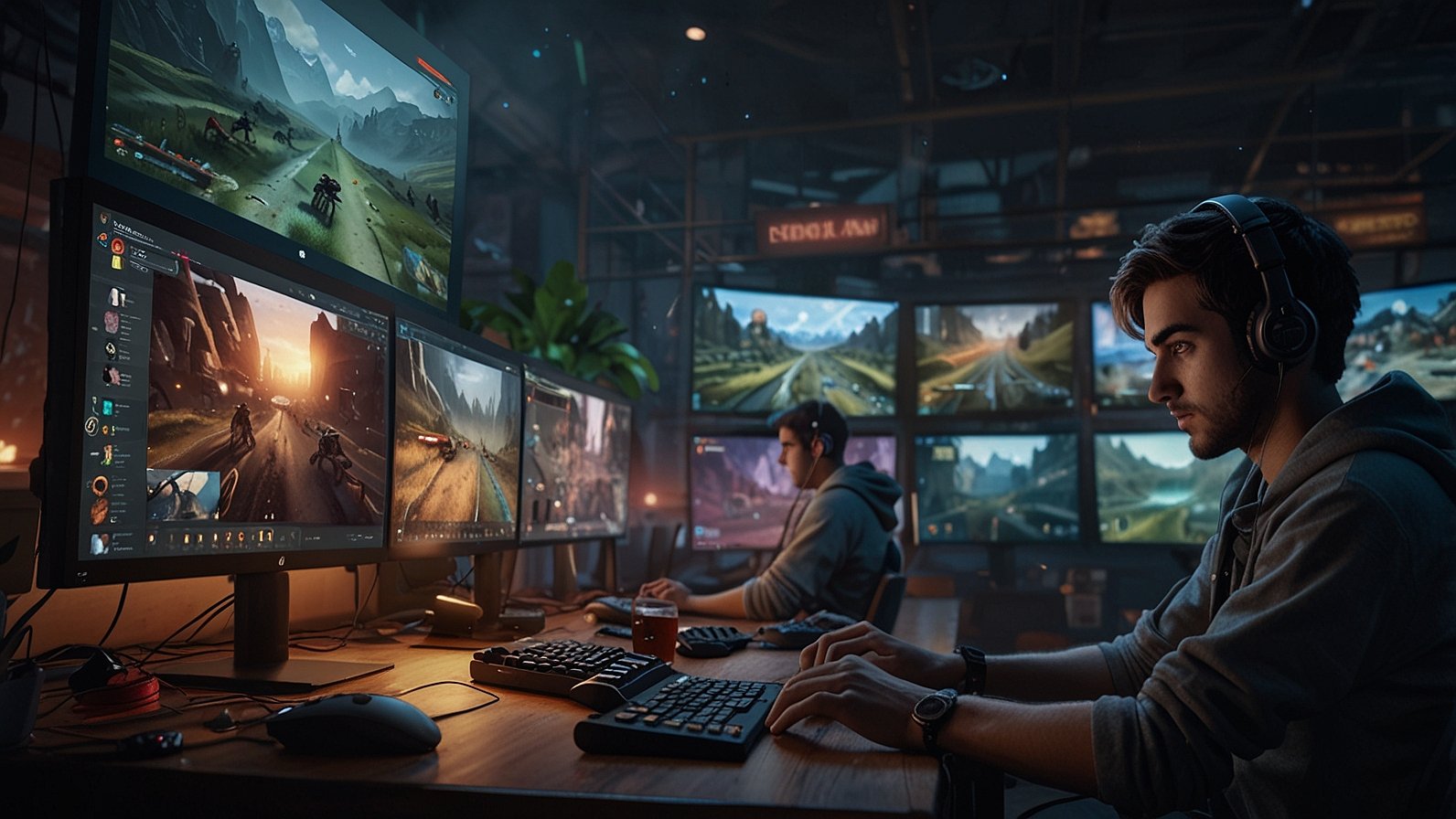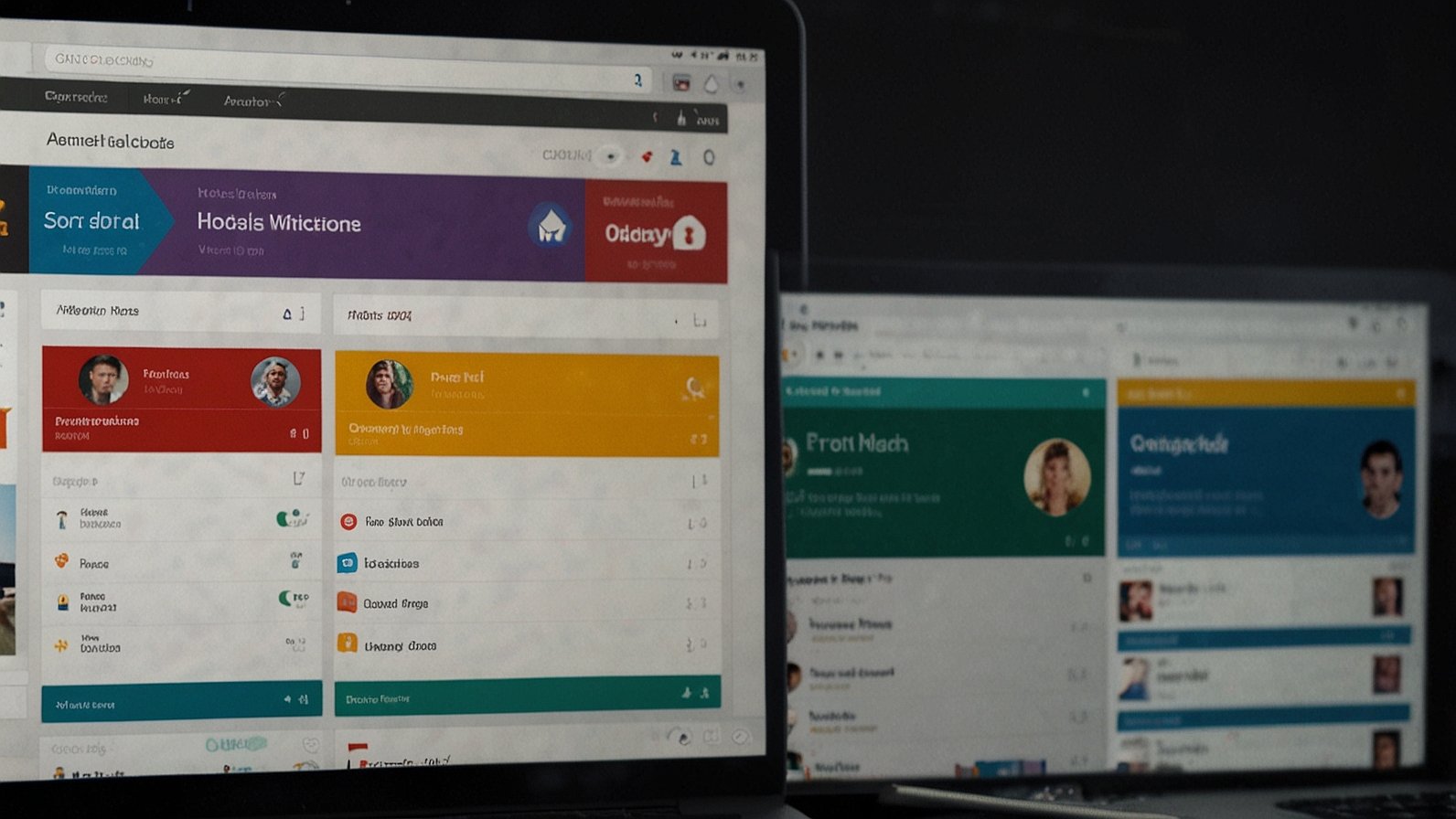Have you ever finished a game and thought, “What’s next?” For most players, the credits rolling signal the end. But for a growing community known as the Gamer Challenger, it’s just the beginning. These players don’t just beat games—they reinvent them. From beating Dark Souls with a dance pad to completing Elden Ring without taking a single hit, they turn gaming into an art form of self-imposed trials.
So, what drives someone to spend hundreds of hours perfecting a run most people would call madness? It’s not just about bragging rights. It’s about mastering a game so thoroughly that you break its boundaries. Welcome to the mindset of the Gamer Challenger.
Understanding the Gamer Challenger Phenomenon
At its core, a Gamer Challenger isn’t just a type of player—it’s a mindset. It’s the drive to push beyond a game’s intended experience and create new rules, limitations, or goals. Think of it like this: while most players follow the path a game sets, challengers build their own.
This community thrives on creativity, discipline, and a shared love for problem-solving. Whether it’s a “pacifist run” in a shooter or a “speedrun” to beat a game in record time, these challenges transform familiar titles into entirely new experiences.
Key Traits of a Gamer Challenger:
- Driven by Mastery: They focus on perfecting mechanics, optimizing strategies, and executing flawlessly.
- Community-Oriented: They share discoveries, compete on leaderboards, and collaborate to develop new techniques.
- Innovative: They find gaps in game design and turn them into opportunities for creativity.
For example, the popular Zelda: Breath of the Wild speedrunning community discovered ways to “wind bomb”—using in-game physics to launch Link across the map—a trick the developers never intended. This kind of innovation is the lifeblood of the Gamer Challenger niche.
The Step-by-Step Guide to Becoming a Gamer Challenger
Becoming a Gamer Challenger isn’t about being the best player overnight. It’s about adopting a new approach to gaming. Here’s how to get started:
- Choose Your Challenge
Start small. Pick a game you love and a challenge that excites you. Popular options include:- No-Damage Runs: Complete a game or boss fight without taking any damage.
- Speedruns: Beat the game as quickly as possible.
- Restricted Playthroughs: Use only specific weapons, abilities, or items.
- Study the Game
Gamer Challengers know their chosen game inside and out. Watch tutorials, read guides, and analyze world-record runs. For instance, speedrunners of Celeste memorize every screen to shave milliseconds off their time. - Join a Community
Platforms like Speedrun.com, Reddit’s r/ChallengeRuns, and Discord servers are hubs for sharing strategies and tracking progress. These spaces offer feedback, encouragement, and friendly competition. - Practice with Purpose
Break the challenge into smaller segments. If you’re attempting a no-damage run, practice individual boss fights until you can consistently beat them unscathed. - Record and Share Your Attempts
Use tools like OBS or console recording features to capture your runs. Sharing your progress not only holds you accountable but also helps you improve through community feedback.
Common Mistakes to Avoid as a New Gamer Challenger
Even the most determined players can stumble when starting out. Here are a few pitfalls to watch for:
- Starting Too Big: Attempting a “no-hit run” in a brutally hard game like Sekiro as your first challenge is a recipe for frustration. Begin with achievable goals.
- Ignoring the Community: Challenger gaming is social. Isolating yourself means missing out on valuable advice and motivation.
- Burning Out: Practice is essential, but marathon sessions can lead to exhaustion. Set realistic schedules and take breaks.
The Role of Community and Competition
What separates a Gamer Challenger from someone who simply plays games for fun? The answer lies in the community. Challengers thrive in ecosystems where players inspire one another, share breakthroughs, and celebrate each other’s successes.
Leaderboards, like those on Speedrun.com, turn solitary challenges into communal competitions. The chart below illustrates the growth of challenge-run submissions over the past five years, highlighting the rising popularity of this niche.
Twitch and YouTube have also played a huge role. Streamers like “SmallAnt” and “PointCrow” have popularized creative challenges, turning obscure rule sets into trending topics.
Why the Gamer Challenger Mindset Matters
This approach to gaming isn’t just about difficulty—it’s about deepening your relationship with games. By imposing limits, challengers uncover hidden layers of design and mechanics. They turn games into puzzles, stories into personal triumphs, and single-player experiences into shared adventures.
Moreover, the skills developed here—patience, problem-solving, and resilience—translate beyond gaming. Whether you’re refining a craft or tackling a complex project, the Gamer Challenger mindset teaches you to embrace challenges as opportunities.
Your Next Challenge Awaits
Becoming a Gamer Challenger is about more than just playing games differently. It’s about joining a global community of innovators, competitors, and creators. So, what’s the first challenge you’ll take on?
3 Key Takeaways:
- Start with a manageable goal and a game you love.
- Tap into communities for guidance and inspiration.
- Embrace failure as part of the journey toward mastery.
What self-imposed rule will you set for your next playthrough?
You May Also Read: Unlock Evony Success: Your Ultimate EvonyGalore Strategy Guide
FAQs
What’s the difference between a Gamer Challenger and a competitive esports player?
While both value skill, esports players compete in standardized formats, whereas challengers create their own rules and goals outside traditional frameworks.
Do I need expensive equipment to start?
Not at all! Many top challengers use standard consoles or PCs. The focus is on creativity and persistence, not gear.
What games are best for beginners?
Games with predictable mechanics, like Super Mario Odyssey or Hades, are great starting points.
How long does it take to complete a challenge run?
It varies. A short speedrun might take days, while a complex no-damage run could take months.
Can I create my own challenge?
Absolutely! The best challenges often come from personal creativity—like beating a game using only one type of weapon.
Are there communities for niche challenges?
Yes! From “randomizer” mods to co-op challenges, there’s likely a group dedicated to your specific interest.
What if I fail repeatedly?
Failure is part of the process. Every attempt teaches you something new—embrace it!










